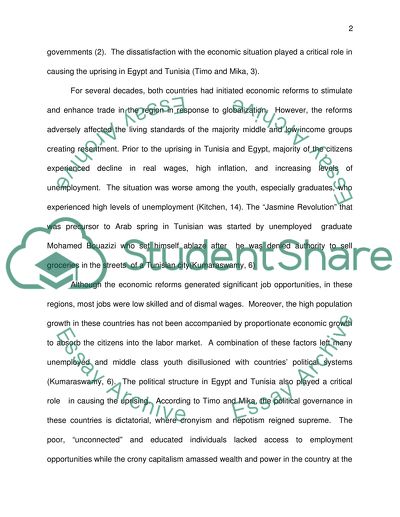Cite this document
(“The impact of the foreign intervention on the uprisings during the Essay”, n.d.)
Retrieved from https://studentshare.org/history/1395103-the-impact-of-the-foreign-intervention-on-the-uprisings-during-the-arab-spring
Retrieved from https://studentshare.org/history/1395103-the-impact-of-the-foreign-intervention-on-the-uprisings-during-the-arab-spring
(The Impact of the Foreign Intervention on the Uprisings During the Essay)
https://studentshare.org/history/1395103-the-impact-of-the-foreign-intervention-on-the-uprisings-during-the-arab-spring.
https://studentshare.org/history/1395103-the-impact-of-the-foreign-intervention-on-the-uprisings-during-the-arab-spring.
“The Impact of the Foreign Intervention on the Uprisings During the Essay”, n.d. https://studentshare.org/history/1395103-the-impact-of-the-foreign-intervention-on-the-uprisings-during-the-arab-spring.


